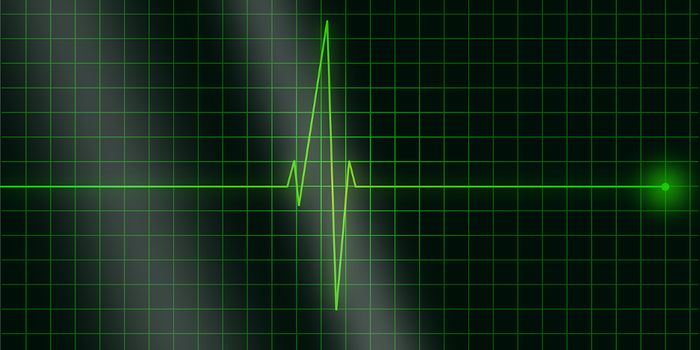Dogs Could Be Even Better at Detecting Covid-19 Than a PCR Test
Dogs are amazing. And their sense of smell, well, it's pretty good, too – significantly better than our own. Which got some people asking; can dogs sniff out Covid when following their nose? So, when researchers set out to see if dogs could detect Covid-19 with their noses, I imagine that very few were surprised by the results.
In a new study involving the sweat samples of 335 people, trained dogs were able to identify 97% of positive coronavirus cases that the nasal PCR tests had identified. These results are similar to smaller studies that found that dogs perform as well as or even better than PCR tests.
On top of that, the dogs located 31 COVID-19 cases out of 192 people who did not even have symptoms. Overall, the dogs were more successful in detecting positive COVID-19 cases than the antigen tests.
The study involved dogs sniffing cones of underarm sweat samples, sweat off the back of necks, and even used face masks. The results of this study showed that odor samples from multiple sources of things that have been in contact with the human body can be used for screening.
A study like this suggests that dogs could be reliable Covid-19 detectors for mass screening in places such as airports or concert venues and could even provide potential alternatives for testing people who prefer not to do the nasal swab. So far, dogs have been used at schools, a music festival, and in a small trial screening airline employees for coronavirus infections.
It's not exactly clear what the dogs are picking up on when they do identify Covid-19 or any other disease, but it is speculated not to be one specific chemical but instead patterns of increasing or decreasing aromas.
Though dogs can be as reliable as laboratory testing for detecting COVID-19 cases, and possibly even better than a PCR test for identifying those who are infected but have yet to display any symptoms, they also, like the PCR test, can make mistakes.
These mistakes make some doctors, scientists, and government officials skeptical of a dog's ability to detect the Covid-19 virus accurately. On top of that, it does take time (about three to six weeks) to train a dog to pick out COVID-19 cases from sweat samples depending on the dog's experience with odor detection.
However, one of the dogs most significant advantages over other tests is their speed. Even those awaiting the results of a rapid test have to wait up to several hours, whereas a dog can make a response in a matter of seconds or less.
But, alas, as awesome as a future of Covid sniffing dogs stationed throughout every test site and venue with a Covid policy might be, the reality of it happening seems to be a little more than far-fetched. The time to train these dogs and the available supply of dogs to train is not enough. There is not even enough to sniff out explosives. And though the results of Covid sniffing dogs are always near perfect in a lab setting, they may not be so cut and dry in the real world with the general population.
Sources: PLOS One, Science News
-
MAY 07, 2024Is It Anti-RNP or Anti-Sm/RNP?
- See More
-
APR 30, 2024Immuno-Oncology Virtual Event Series 2024
-
MAY 07, 20243rd International Biosecurity Virtual Symposium
-
JUN 06, 2024The Future of Scientific Conferencing
- See More


















































